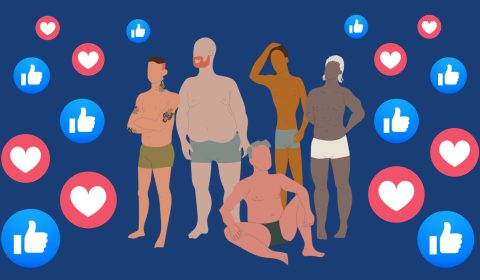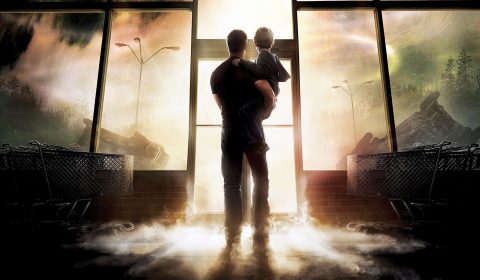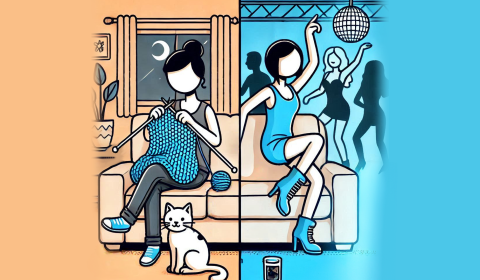The continued scapegoating of Black players has drawn backlash from sporting giants, and set a worrying precedent for a summer of football.
Hopeful Brits will be firing up BBQs and filling pubs over the next few weeks, as the Euros kicks off another summer of football.
Despite the general camaraderie that accompanies our nation’s favourite sport, this year’s games have already triggered the same vile media coverage that defined 2020’s Covid-delayed tournament.
Following England’s missed penalties during the last Euros final – costing them the tournament and ensuring Italy were crowned champions – players Bukayo Saka, Marcus Rashford, and Jadon Sancho faced a storm of racist abuse.
This vitriolic narrative was seemingly encouraged by the mainstream media – certainly in the immediate aftermath.
Swathes of public support ensured figures like Rashford, and particularly Saka (who was only 19-years-old in 2021) were defended against racist rhetoric. And it seemed like football as a whole had faced a moment of reckoning.
Awareness around diversity and inclusion in the sport, both on and off the pitch, was growing faster than it had before. But the hope for a better future of football has proven short lived.
Heading into this week’s tournament, England took to Wembley and played their final warm-up match against Iceland. After 90 minutes of what BBC pundits called ‘boring’ and ‘dismal’ play, Iceland’s Jon Dagur Thorsteinsson scored the only goal and secured a shocking win for Iceland.
The match has triggered intense scrutiny from both the media and the football community at large, with many questioning England’s readiness for a major competition. But the Black Footballers Partnership (BFP) has criticised the English media for scapegoating Black players as part of this narrative.
Despite only playing for 25 minutes as a second-half substitute, Saka became the face of coverage around England’s defeat to Iceland.
The BFP has said the media’s decision to use Saka’s image beneath angry headlines about the squad’s performance echoes the treatment of Black players that clouded 2020’s final.
Several sports outlets also went after the squad’s youngest player, 19-year-old Kobbie Mainoo, with unfounded opinions about the starlet being unfit to play in midfield. The Gaurdian’s Jacob Steinberg, in particular, has come under fire from England fans.
Does Mainoo possess the defensive discipline to play the ‘no 6’ role?
✍️ @JBurtTelegraph#TelegraphFootball | #ThreeLions
— Telegraph Football (@TeleFootball) June 7, 2024


















